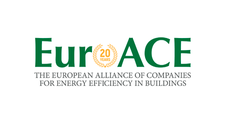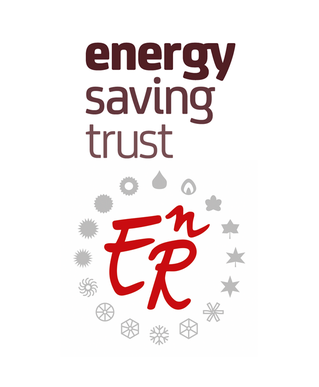Search eceee proceedings
A cross-national comparative study of the political and regulatory impact on the adoption of demand response in Denmark and Austria
Panel: 3. Policy and governance
This is a peer-reviewed paper.
Authors:
Mette Schultz, University of Southern Denmark, Denmark
Henrik Tønder Aabjerg Friis, University of Southern Denmark, Denmark
Zheng Ma, University of Southern Denmark, Denmark
Bo Nørregaard Jørgensen, University of Southern Denmark, Denmark
Abstract
The energy sector is undergoing a green transition which entails the challenge of balancing electricity demand and supply. A way to deal with this problem is to make the electricity demand flexible by introducing demand response, which leads to new business opportunities and stakeholders in the market. Furthermore, the business opportunities for demand response and new stakeholders, like the so called aggregators (a service company that pools flexibility from customers and converts it into electricity market services), are strongly influenced by national and international policies and regulation.Therefore, this paper aims to investigate the business opportunities of aggregators and how aggregators, in the smart energy business ecosystem, are influenced by the changes in policy and regulation.
This research examines two case studies, Denmark and Austria. With qualitative research on several stakeholders in the smart energy ecosystem, a cross-national comparative study investigates the similarities and differences of policy and regulation related to the business opportunities for the aggregators in the demand response.
This research finds that the climate goals, regulation of energy prices and market structure are factors that are influenced by policy and regulation and will influence the adoption success rate of demand response most. The two ecosystems have many similarities, but also disparities.
Currently, it is legally possible to enter the electricity market with the aggregated demand response in both countries, however, it only happens in Austria and not in Denmark.
The main differences between the two energy systems are the ambitious Danish climate plan to make Denmark carbon neutral by 2050 and the flexible tariffs in Austria to make the grid congestion visible to the consumers. Also, electrification and sector coupling should be considered to optimize the business opportunities for the demand response. The results of this research contribute to understanding the political and regulatory factors which influence the adoption of demand response under different national frames and help smart energy market players to predict market opportunities and challenges in the future European energy sector.
Downloads
Download this paper as pdf: 3-243-19_Schultz.pdf
Download this presentation as pdf: 3-243-19_Schultz_Presentation.pdf
Panels of
1. The dynamics of limiting (energy) consumption
2. What's next in energy policy?
4. Monitoring and evaluation for greater impact
5. Smart and sustainable communities
7. Make buildings policies great again
8. Buildings: technologies and systems beyond energy efficiency
9. Improving energy efficiency in ICT, appliances and products

























